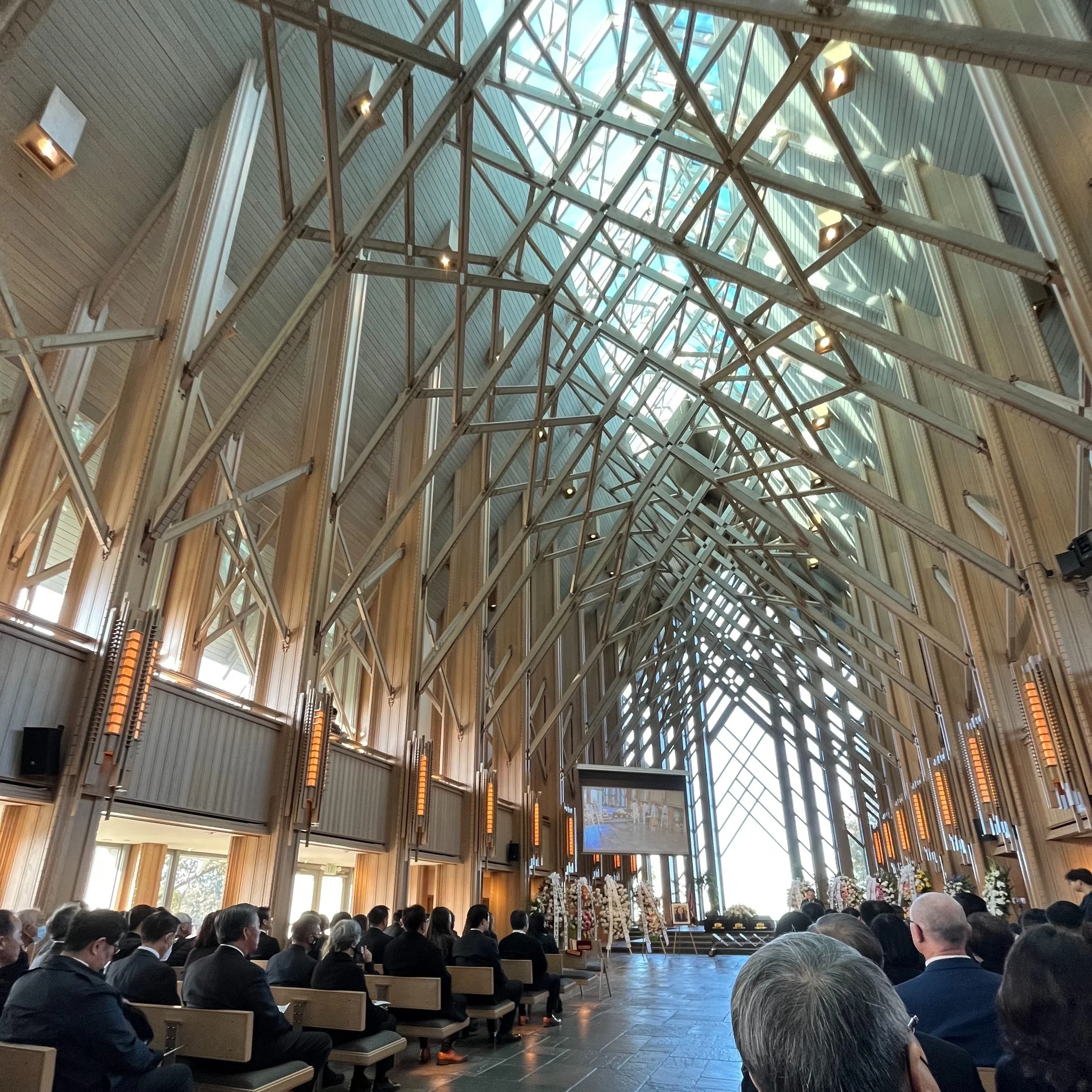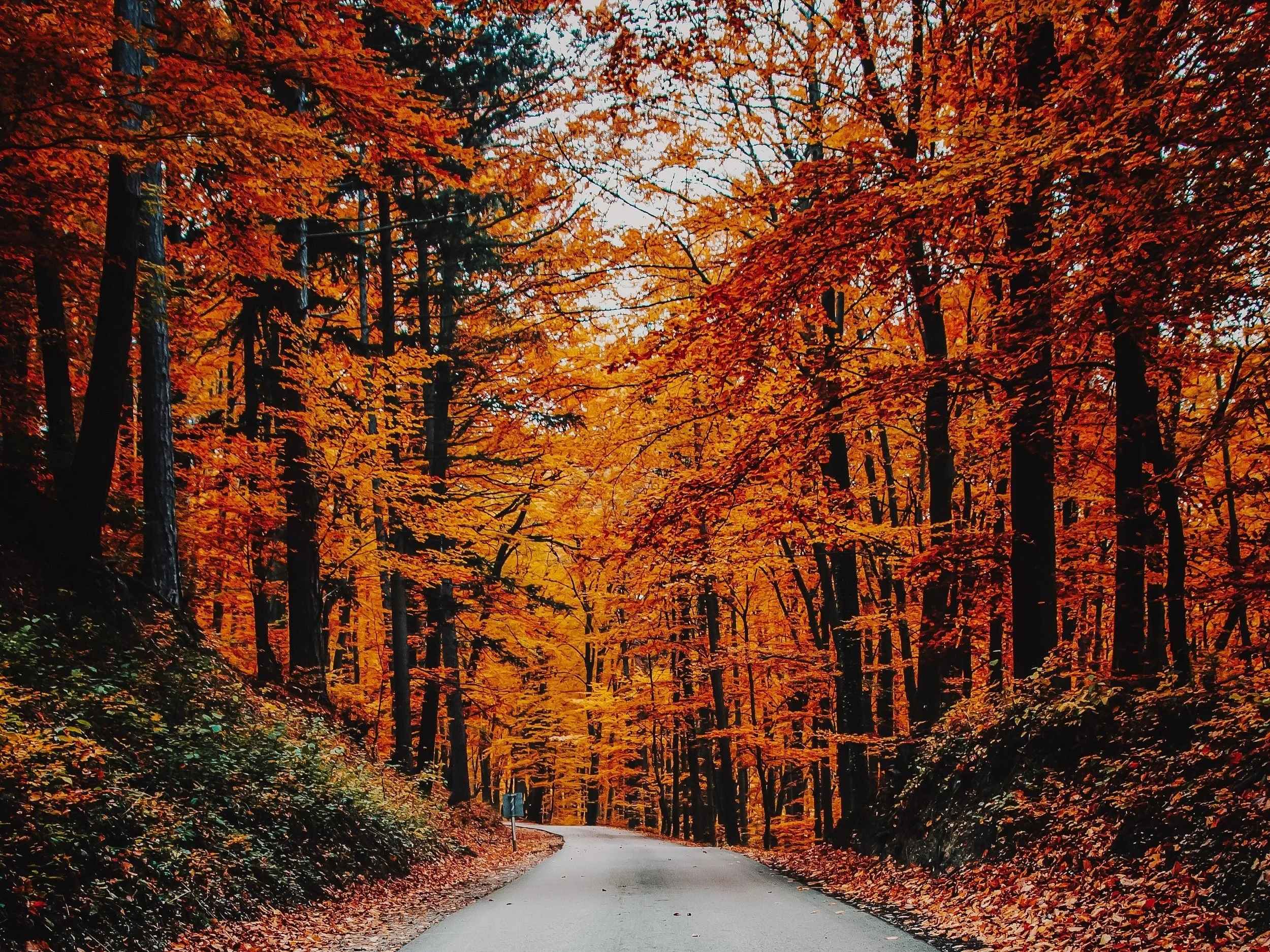Make sure you don’t take things for granted and go slack in working for the common good; share what you have with others. God takes particular pleasure in acts of worship—a different kind of “sacrifice”—that take place in kitchen and workplace and on the streets.
Hebrews 13:16 MSG
My kids and I just spent this morning wrapping five gifts for the children of Angel Tree Ministries we are delivering tomorrow. Angel Tree is a wonderful program of Prison Fellowship that partners with churches for volunteers to purchase and deliver gifts to children of parents who are imprisoned. To be completely honest, I was tempted to just skip doing Angel Tree this year because 2022 has been so emotionally exhausting. However, I realize how privileged and blessed I still am in so many ways. And you know what? After my kids and I wrapped the gifts for the five children, it made me more excited to deliver the gifts tomorrow. This made me realize that my life can be challenging AND God can still use me in various ways. Life will never be perfect; so if we wait for everything to be “just right,” we may never find a chance to do some good.
We can be lacking in life and still be generous.
We can struggle in relationships and still love others.
We can have doubts in God and still live a life of faith.











